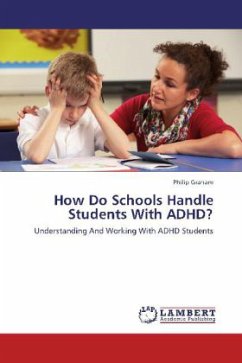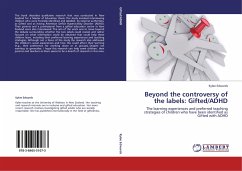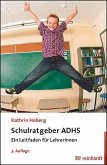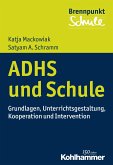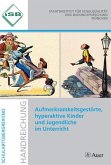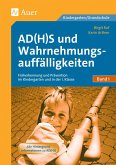Schools get into the habit of teaching academic abilities rather than social intelligence and avoid some important issues. Most children with ADHD are oppositional, this is because they find it difficult to stop and think through what is being asked of them. Students with ADHD are easily bored, yet helpless to keep their minds on their tasks. They talk and question excessively. ADHD children crave for attention and are very tactile. Very often they will act before they think and interrupt others. Children with ADHD experience easily stress, pressure, and tiredness, which can weaken their self-control, leading to poor behaviour. When they are upset, or when confronted in a heated discussion, they explode with a burst of energy and aggression that is far in excess to the situation. Many ADHD children admittedly experience problems of a disorganised lifestyle. They have emotional difficulties upon which they need structure. This book will enlighten and bring better understanding of how to teach and support students with ADHD. It will look at how schools handle students with ADHD and what structures need to be in place in order to better teach them.
